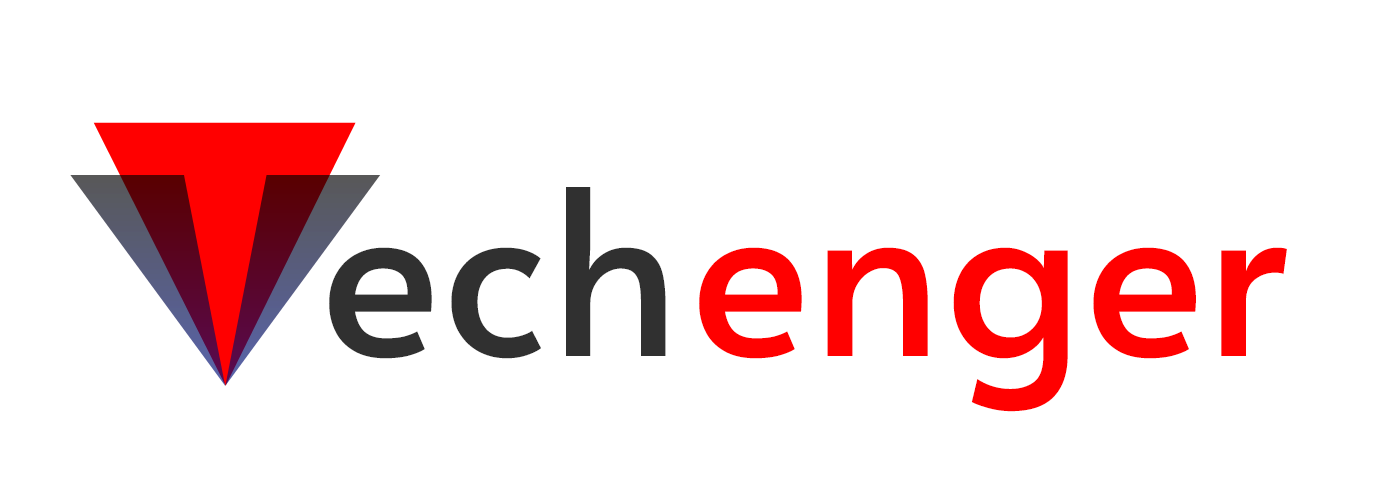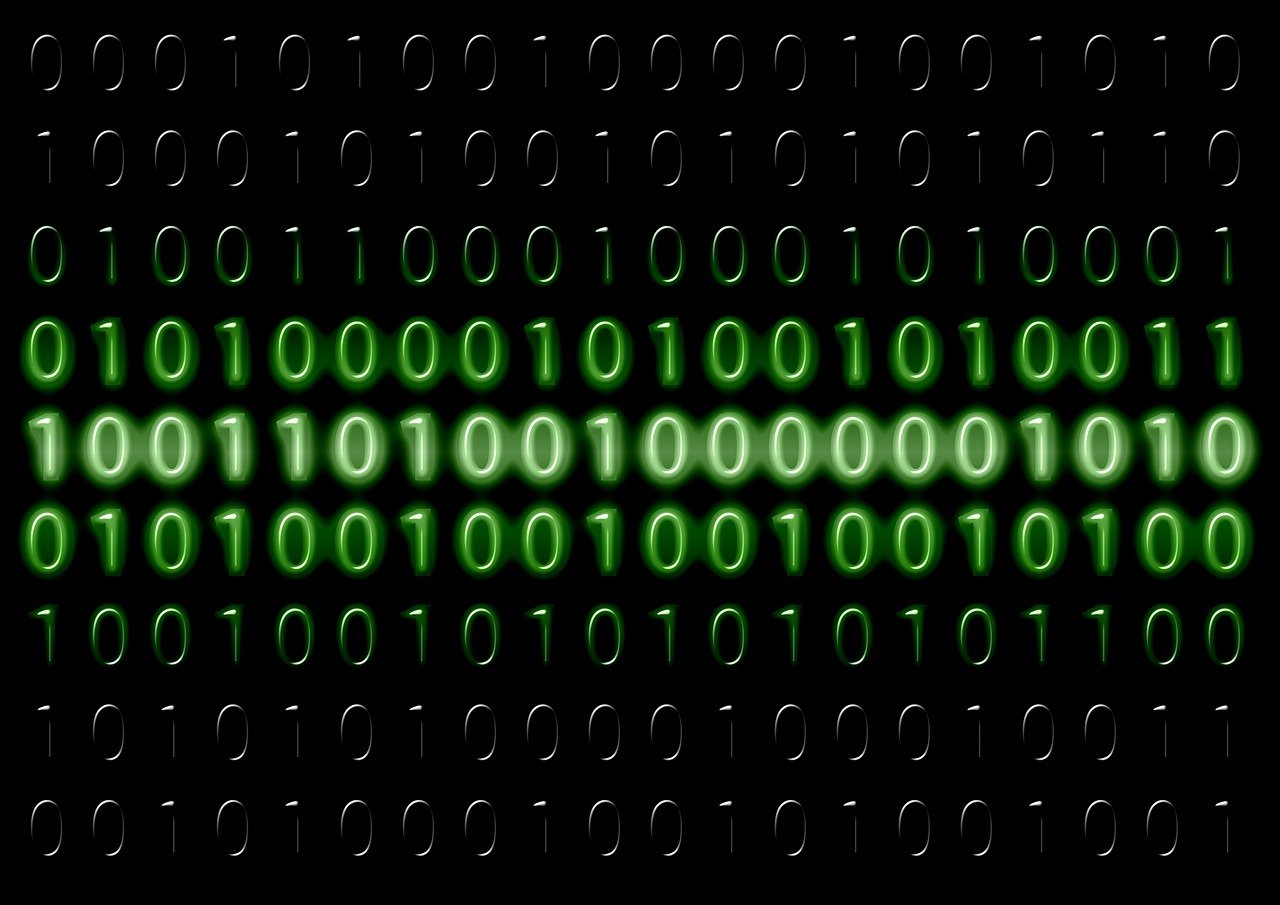In the rapidly evolving world of healthcare, medical practice management software has emerged as a game-changer for healthcare providers and administrators. This technology offers an innovative approach to streamline day-to-day operations, improve patient care, and enhance overall efficiency within medical practices. In this blog, we will explore the key benefits of medical practice management software and how it can revolutionize the way healthcare providers manage their practices.
Table of Contents
1) What is Medical Practice Management Software?
Medical practice management software is a comprehensive solution designed to handle various administrative and operational tasks within a medical practice. It serves as the central hub that integrates various functions, including appointment scheduling, patient registration, billing and invoicing, electronic health records (EHR), insurance claims processing, and financial reporting.
2) Streamlining Administrative Tasks
One of the most significant advantages of medical practice management software is its ability to automate and streamline administrative tasks. From appointment scheduling to managing patient information, this software eliminates the need for manual record-keeping and paperwork, saving valuable time for both staff and patients.
With automated appointment reminders and a user-friendly interface, healthcare providers can efficiently manage their schedules and reduce the chances of no-shows. Additionally, patient registration becomes more efficient as the software captures and stores patient information securely, ensuring easy access whenever needed.
3) Enhanced Patient Care and Engagement
Medical practice management software plays a pivotal role in enhancing patient care and engagement. Through integrated electronic health records (EHR), physicians can access patient medical histories, lab results, and treatment plans seamlessly. This comprehensive view of patient data allows for more informed decision-making and personalized care.
Moreover, patients can access their medical records, appointment details, and test results through patient portals, fostering greater engagement and involvement in their healthcare journey. Easy communication with healthcare providers via secure messaging platforms, as well as through other means, such as outsourcing to specialized and dedicated call agents experienced in the healthcare industry, can also further improve patient satisfaction and strengthen doctor-patient relationships.
4) Improved Billing and Revenue Management
Managing finances is a critical aspect of any medical practice. Traditional billing and revenue management processes can be time-consuming and prone to errors. Medical practice management software simplifies this process by automating billing, invoicing, and claims processing.
The software can generate accurate invoices and insurance claims, reducing the risk of errors and claim rejections. Additionally, it tracks payments, monitors outstanding balances, and generates financial reports, providing healthcare providers with a clear overview of their practice’s financial health. Moreover, software can be used to assist with any payer contracting you or an external service needs to perform, as digitalisation of your contracts can make for easy reading, and the system of processing any new patients can be improved too.
5) Compliance and Security
In today’s healthcare landscape, maintaining compliance with various regulations, such as HIPAA, is of utmost importance. For instance, practices frequently incorporate medical waste management software to streamline operations and comply with regulatory protocols, ensuring adherence to guidelines. Medical practice management software offers robust security measures to protect patient data and ensures compliance with industry standards.
Data encryption, user access controls, and secure cloud storage are some of the features that safeguard sensitive patient information from unauthorized access or data breaches. Healthcare providers can have peace of mind, knowing that their patient’s data is safe and their practice is doing its best to keep their details safe and secure. Whilst cybersecurity and patient data should always be a number 1 priority, sometimes it can go wrong. In order to stop this from happening, all medical businesses are highly advised to get support and advice with their medical device cyber security to make sure they meet all the cybersecurity requirements before using them in the medical practice.
Conclusion
In conclusion, medical practice management software is an indispensable tool for modern healthcare practices. By automating administrative tasks, enhancing patient care and engagement, improving billing processes, and ensuring compliance, this technology enables healthcare providers to focus on what matters most: delivering top-quality patient care.
As the healthcare industry continues to evolve, adopting innovative solutions like medical practice management software will be crucial for medical practices to thrive in an increasingly competitive and patient-centric landscape. Embracing this technology empowers healthcare providers to create efficient, well-organized practices that deliver exceptional patient experiences.




